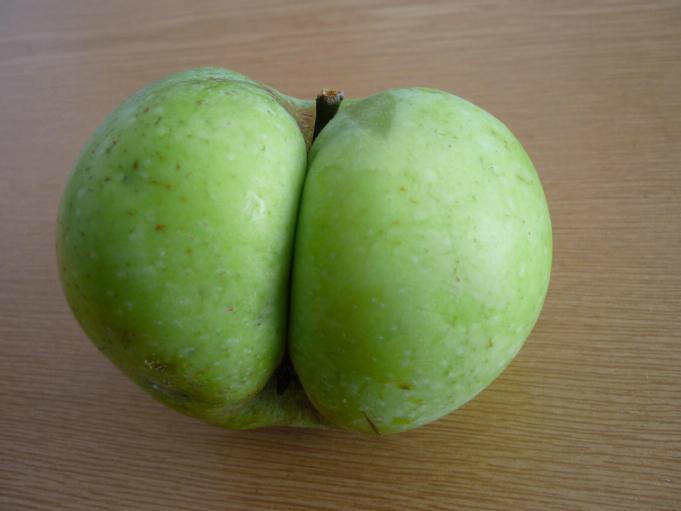I recently watched a documentary that got me thinking about our global food production system and inspired me to use this space after a bit of an extended break. I must say it feels great to be back!
As I'm sure you can recall, the topic of animal agriculture and its impacts on the environment is one that I find particularly fascinating (albeit extremely complex). Having lived in urban spaces my whole life, I've come to realise how easy it is to forget about where the food we consume each day comes from. Cowspiracy: The Sustainability Secret brought this issue back on my radar but for a completely different reason.
The documentary aims to raise awareness of the environmental impacts of the animal agriculture industry. Animal agriculture, as we've talked about previously (e.g. here and here), is a key contributor to environmental degradation and global greenhouse gas (GHG) emissions. Throughout the film, the California-based filmmakers Kip Anderson and Keegan Kuhn attempt to dig deeper into the environmental issues linked to animal agriculture and discover that the likes of environmental non-governmental organisations (NGOs), governmental bodies and the agricultural industry are not prepared to acknowledge the fact that the current demand for meat and animal products is simply not sustainable. The documentary is particularly effective at portraying the reluctance of the key players in the environmental movement to address the issue, all the while inspiring individuals to make changes in their lives. Before watching the documentary, I was unaware of the fact that this is not an issue that organisations are keen to publicly back - especially after having read so many peer-reviewed papers that found animal agriculture to be a key contributor to GHG emissions! If you need a little inspiration or have been in a bit of a sustainability rut, this documentary is for you!
I'm sharing below the Cowspiracy infographic which highlights some of the figures discussed in the documentary.
Have you seen the Cowspiracy documentary? What are your views on the issue of animal agriculture and its environmental impacts? Would you be ready to adopt a vegan diet to curb GHG emissions? I'd love to hear your thoughts, so feel free to share in the comments section below!


